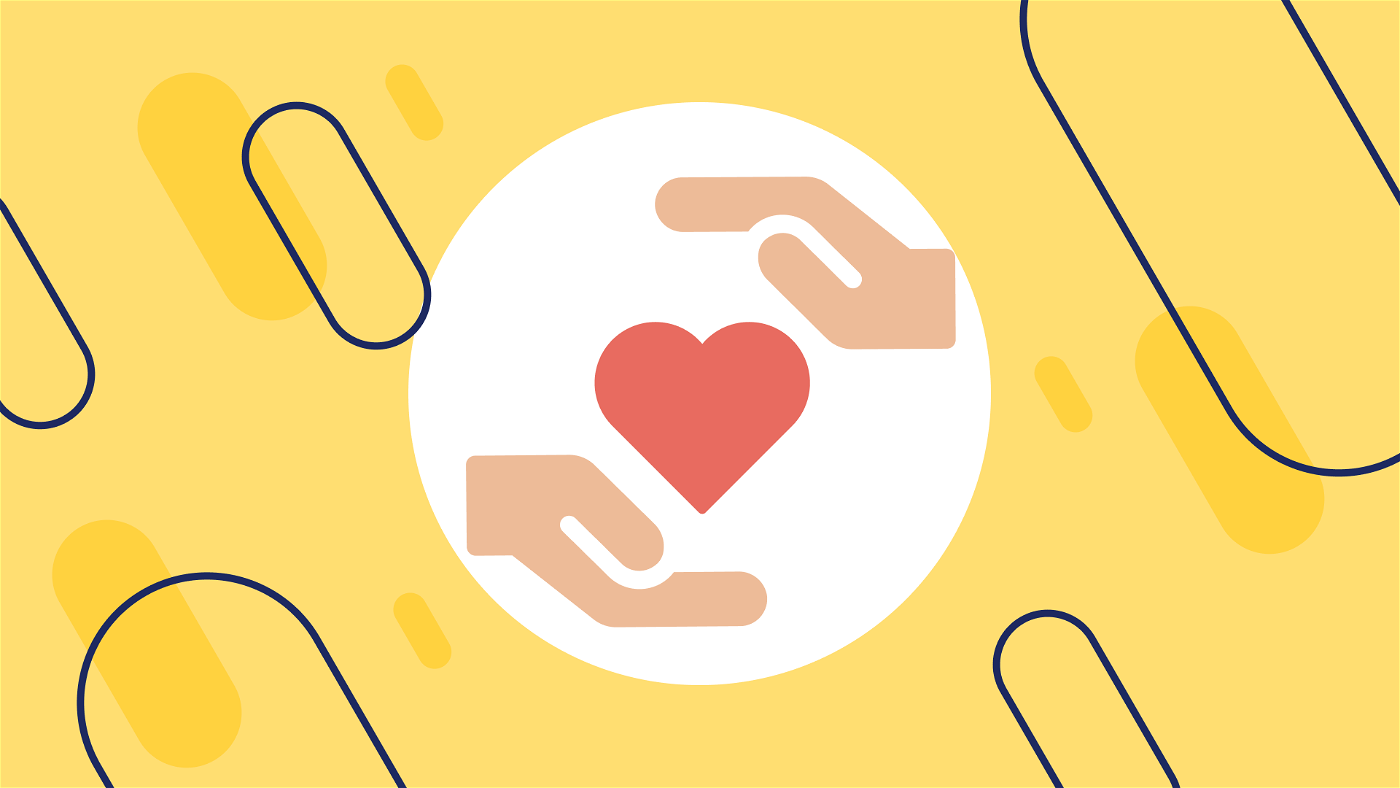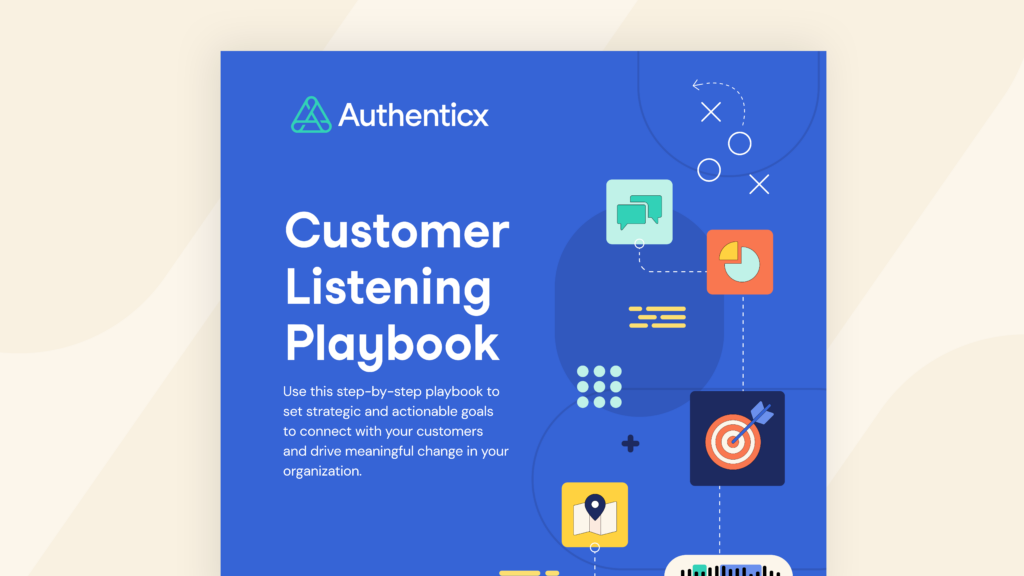
Most of us have been patients, requiring the care of professional health providers, at least once or twice. The experience of being a patient is one of the most vulnerable roles we play in life. When we are a patient, we must admit we need help, put our trust into people we may have never met before, and subject ourselves to the consequences of receiving care (e.g. pain, recovery time, medication side effects, time off work).
While physicians and nurses who provide hands-on clinical care are often center stage in our minds when we think of patient experience, there are many other players in the healthcare delivery system that interact with patients outside of the treatment room:
- Patient registration teams contacting patients before surgeries or hospital admissions
- Calls between patients, medical providers, pharmacies and insurance specialists attempting to obtain approval from insurance to proceed with treatment
- Navigation calls to clear up confusion about bills, copayments, and deductibles
- Social worker and nurse conversations with patients during and after treatment to make sure they are recovering as expected and following doctor’s orders
In our work at Authenticx, we find that these types of patient contacts are highly likely to include expressions of patient vulnerability, fear, and confusion. What’s more, these conversations often hold critically important clues that, when understood properly, may help improve patient experience and outcomes.
5 Patient Experience Truths
Healthcare companies that truly “get” patient experience know the following five things:
1. All Touchpoints Are Important
Telephone, text, chat, and email conversations between billing, patient registration, social workers, nurses, and other staff are just as much a reflection on the healthcare system as the doctor-patient interactions.
2. Patient Vulnerability
Patients are often at their most vulnerable directly before or after receiving treatment. During such times, healthcare system personnel should be listening intently and responding appropriately.
3. Patients Share Without Being Asked
As providers are facing enormous pressure to improve patient outcomes (including reducing readmission rates and emergency room visits), conversations with patients reveal many things, such as social or economic factors, that impact their ability to comply with treatment plans.
4. Contact Centers are Insights Centers
Telephonic or electronic interactions have the opportunity to reveal far more than the standard patient survey – and in real-time. Systems that effectively leverage recorded calls will yield deep and rich feedback and insights about patient perceptions.
5. Patients are the Key to Understanding Your Effectiveness
Interactions with patients will shed light on the effectiveness of handoffs between the health system team players and should be studied accordingly. Examples include:
- How well did the pre-registration team prepare the patient for their hospital visit?
- Did the prescription medications that had been ordered get filled and is the patient taking them as prescribed?
- Did the 48-hour post-op call take place and, if so, did the nurse placing the call listen effectively to the verbal and nonverbal messages?
When healthcare systems deploy technology and practices to assess non-clinical patient interactions, they are making an investment in a comprehensive patient experience strategy.
What steps are you taking to make sure your patients are taken care of, out of the office? What past patient experiences have kept you up at night?
Want to make sure your patients aren’t falling through the cracks? Authenticx can help. Our software will uncover the insights you need for a stellar patient experience strategy, while also fulfilling your compliance obligations.

Customer Listening Playbook
Use this 7-step playbook to set strategic and actionable goals to connect with your customers and drive meaningful change in your organization.
About Authenticx
Authenticx was founded to analyze and activate customer interaction data at scale. Why? We wanted to reveal transformational opportunities in healthcare. We are on a mission to help humans understand humans. With a combined 100+ years of leadership experience in pharma, payer, and healthcare organizations, we know first-hand the challenges and opportunities that our clients face because we’ve been in your shoes.
Want to learn more? Contact us!


